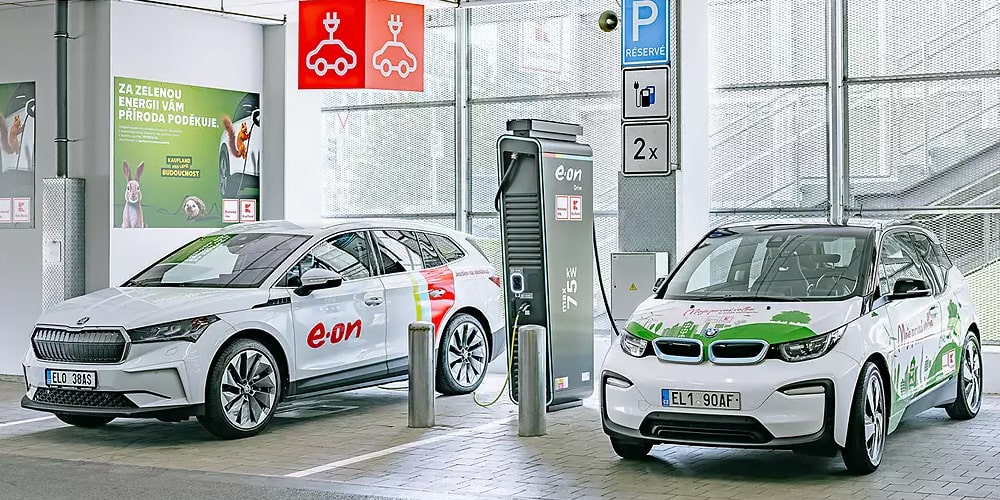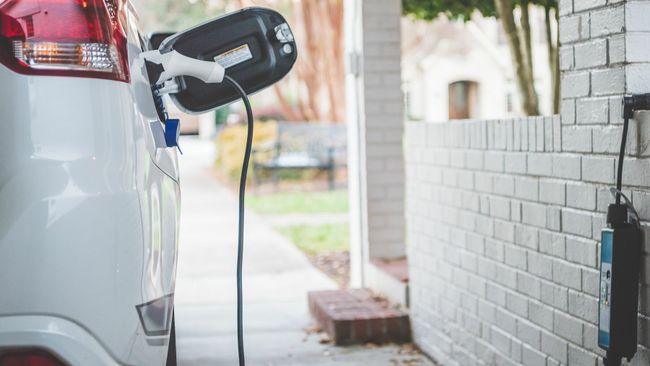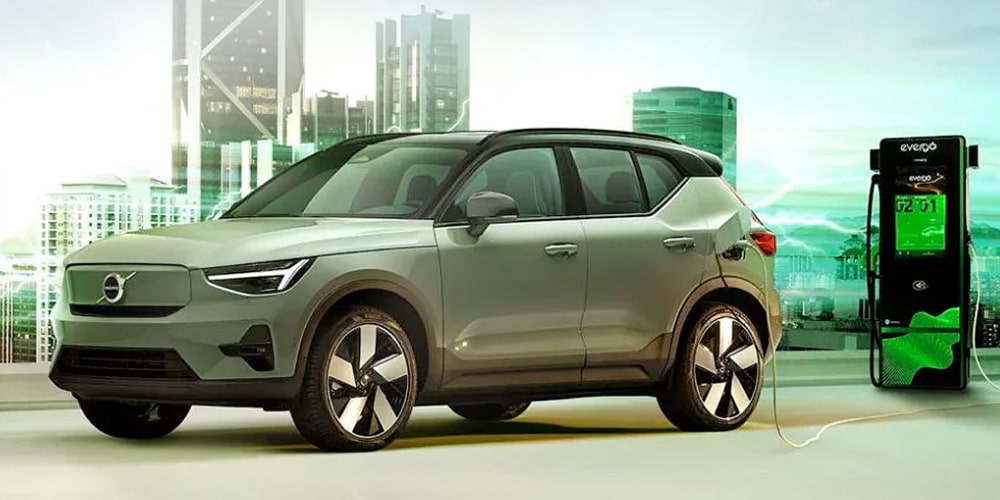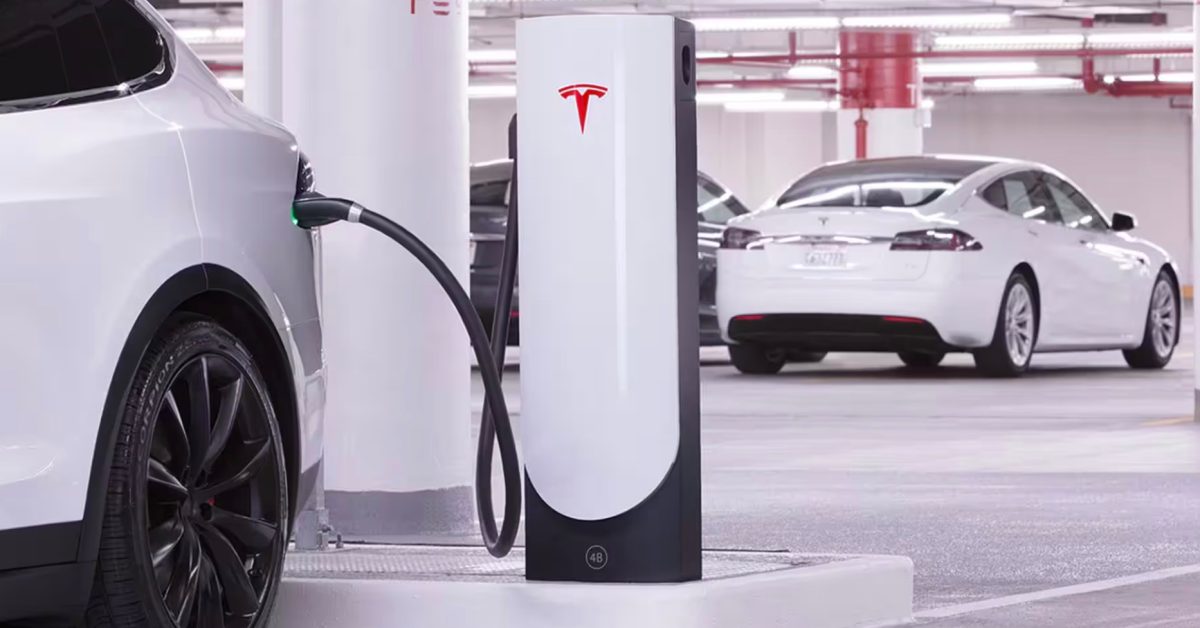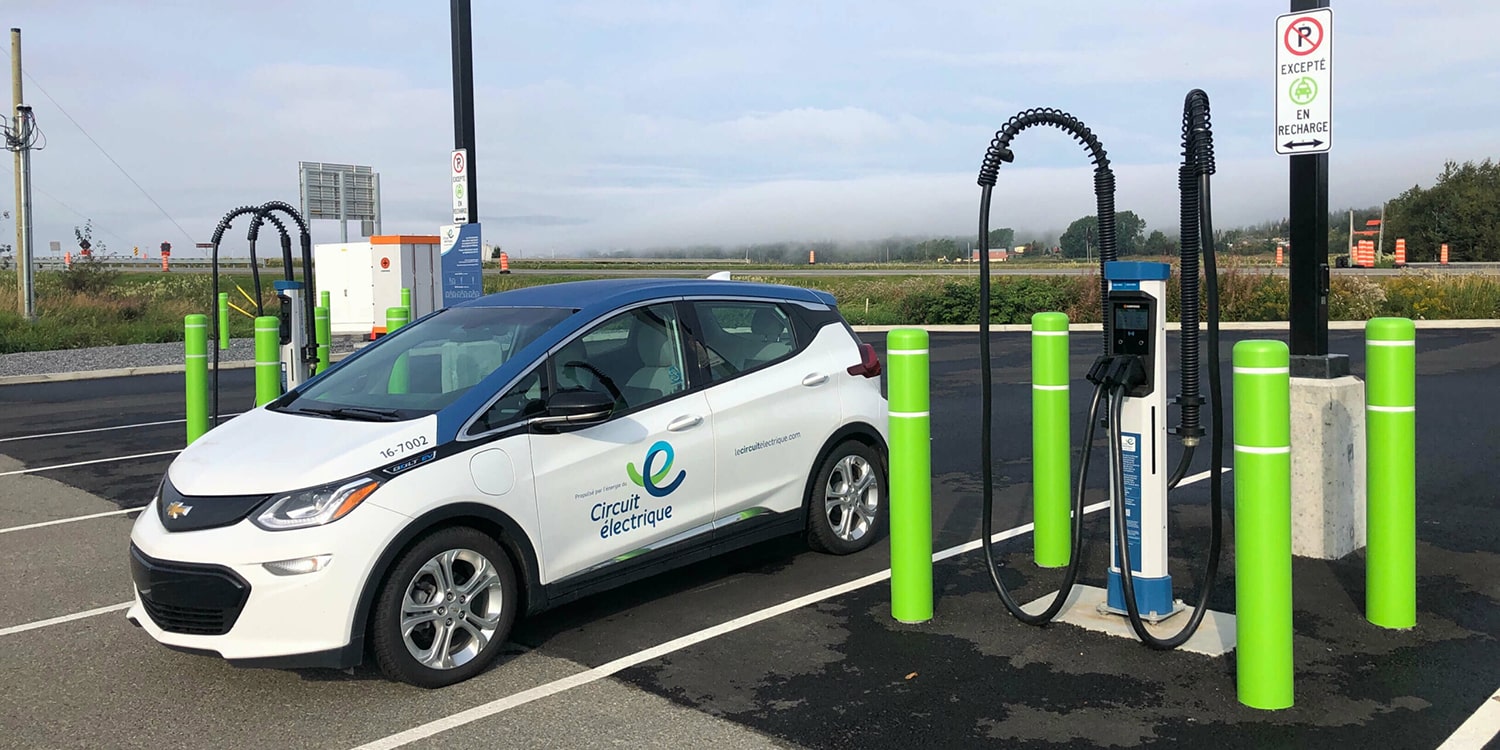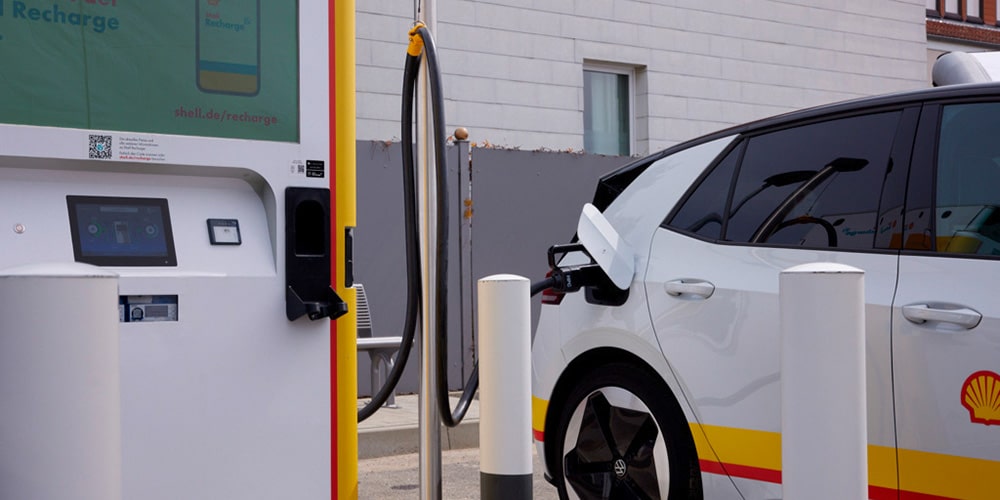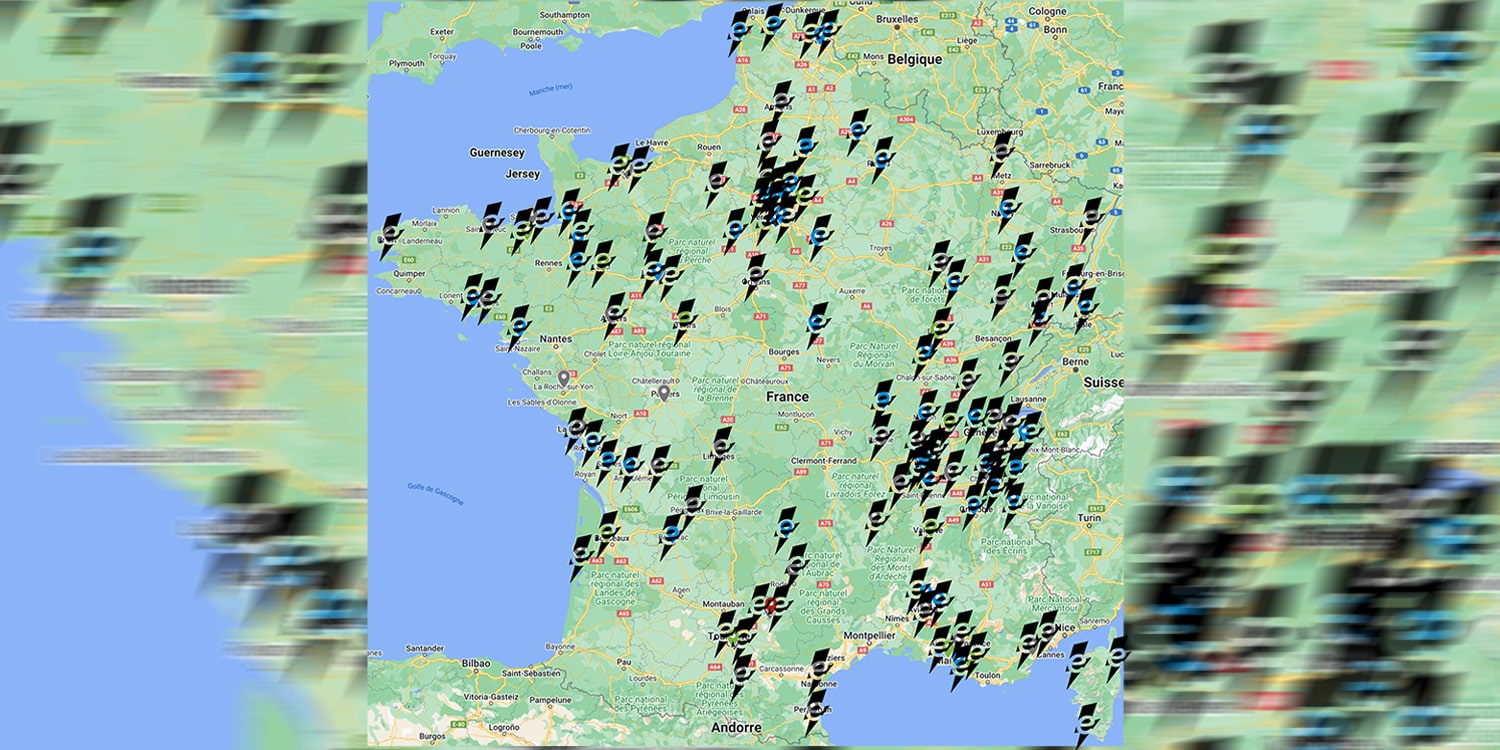In a strategic move towards promoting electric mobility, energy conglomerate E.ON has announced plans to deploy a network of electric vehicle (EV) charging stations, including High-Power Charging (HPC) units, at all existing Kaufland retail locations in the Czech Republic. This collaboration is set to significantly enhance the accessibility and convenience of EV charging for customers across the country.
As part of the first phase of this ambitious undertaking, which has already been initiated, E.ON will install over 400 EV charging points at 41 Kaufland stores throughout the Czech Republic by the year 2026. The initiative addresses the growing demand for efficient and widespread charging infrastructure to support the increasing adoption of electric vehicles in the region.
Currently, Kaufland patrons in the Czech Republic have access to a total of 99 charging stations situated at 73 store locations. However, a majority of these charging points are of older models. E.ON has taken steps to modernize the infrastructure, with newer charging columns installed at three specific sites – Kolin, Jablonex nad Nisou, and Hloubetin. Notably, these locations feature the relatively rare Alpitronic Hypercharger variant known as HYC150. These advanced columns are equipped with a single power module for a CCS connection delivering 75 kW, alongside a Type 2 port boasting 22 kW AC.
While the announcement does not provide exhaustive details about the specific charging column models that will be deployed during the initial phase encompassing more than 400 charging points across 41 branches, E.ON’s commitment to bolstering EV infrastructure is evident. After the completion of the first expansion phase by 2026, the subsequent phase will cover the remaining locations. This will ultimately result in an impressive network of over 1,000 charging points spread across approximately 140 Kaufland store sites.
Jörg Bauer, CEO of Kaufland Czech Republic, emphasizes the gradual nature of the infrastructure development, noting that each market will feature a minimum of four charging points with capacities of up to 300 kW. This approach aligns with the broader vision of transitioning to electric mobility in the years ahead.
Martin Klíma, CEO of E.ON Drive Infrastructure, highlights the strategic partnership’s intention to establish comprehensive charging hubs – a standard deemed essential for facilitating the transition to electric mobility. The plans include implementing “modular technology” that can easily accommodate increased charging demands without requiring extensive civil engineering work. Klíma underscores the observation of a similar trend in Scandinavia and expresses confidence that this trend will soon manifest in the Czech Republic.
Furthermore, charging stations boasting capacities beyond 150 kW will be equipped with payment terminals, enabling non-registered users to conveniently make payments through card or mobile phone.
In addition to expanding public EV charging infrastructure for consumers, E.ON Drive will contribute to Kaufland’s internal electromobility efforts. This will involve the installation of charging stations for the company’s fleet and the provision of the “E.ON Drive” system, which includes a charging card facilitating access to the company’s charging points, as well as more than 60,000 charging points located across ten European countries. This comprehensive initiative reflects the shared commitment of E.ON and Kaufland to advance the electric mobility landscape in the Czech Republic and beyond.

